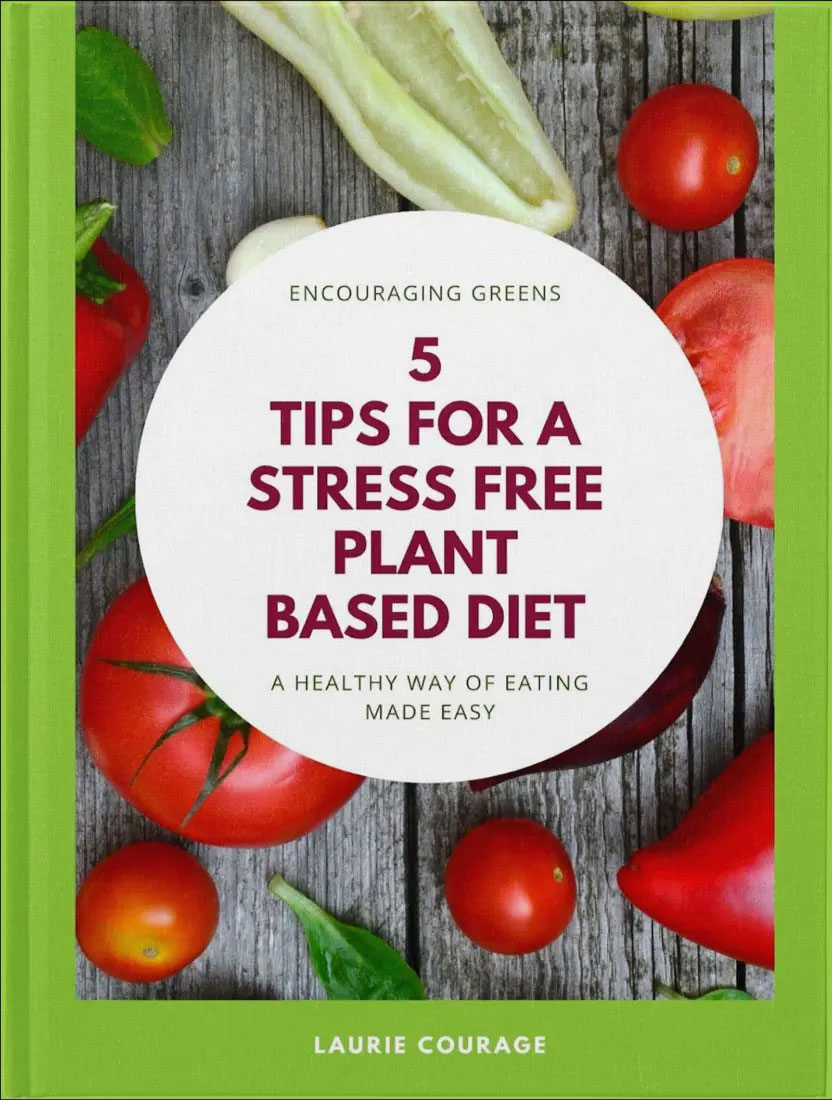Your blood work shows that your cholesterol is high, you may be diabetic or well on your way, and your doctor has been warning you that if your overall health doesn’t improve and soon, you may need heart surgery like so many others in your family. You have tried dieting and exercise in the past but it hasn’t worked and you keep gaining weight. Your doctor may be starting to recommend statins to ‘get your cholesterol under control’. Sound familiar?
These procedures and pills may go a long way to lessen the symptoms resulting from heart disease, but what if there was another choice that was quick-acting, saved you money and instead of cracking open your chest or ensuring a lifetime of medications with a variety of side-effects, what if the only side-effect of this option was better health, more energy, easy and gradual weight loss that stayed off for good, improved blood work and lower risk of death. Where do I sign, right?
Treating the Symptom vs the Cause.
So much of modern medicine is about reducing symptoms, often by prescribing medications and/or cutting out body parts to improve the markers of disease. Statins often lower cholesterol. Stents may lead to fewer angina attacks. Bypass surgery may be a last resort. But these remedies do not cure heart disease; they just treat the symptoms.
Think of it this way. You drive over some tacks at a construction site and get a flat. Fortunately, you have a small spare that you use to drive home. The next day, you patch your tire or replace it and you drive again. Would you keep driving over the tacks at the same site? Why would you keep injuring your body by eating food that makes your heart unhealthy?
And what about the risks of heart surgery? Did you know about the increased risks of wound infections, heart attack, stroke, chest pain, blood clots, pneumonia, even pump head? How about the risks of statins, including joint pain and memory loss? While there is a place for both treatments, what would it take for your doctor to cancel non-emergency heart surgery and reduce your medications? Though cholesterol is essential for survival, the good news is that the body, specifically the liver, makes all it needs. The issue is never not having enough. Like most food related illness, the issue is a matter of having too much. Statins do block the enzyme that creates cholesterol so your levels fall. But again, medications are often treating the symptoms.
Fork-et the surgery and medications. Eat your way back to good heath.
A plant-based diet adds no cholesterol to your blood. Zero. In fact, in addition to doing no harm, it helps you heal from the inside out. The evidence-based science is widespread. Read more of the research from Dr. Caldwell Esselstyn, Dr. Dean Ornish, Dr. John McDougall, Dr. Neal Barnard and PCRM and several other medical and health professions in a recent issue of the Journal of Geriatric Cardiology (2017, Issue 5) dedicated to this subject. By the way, I had the honor to provide input to Dr. T. Colin Campbell’s Perspective report on animal protein and heart disease (in same issue above) and am grateful for his acknowledgement in this paper.
And while it is important to eat whole plant-foods, grains, fruits an veggies, it also helps to be purposeful by eating the colors of the rainbow, eating dark greens to improve the health of your arteries and stay away from processed foods especially oils.

